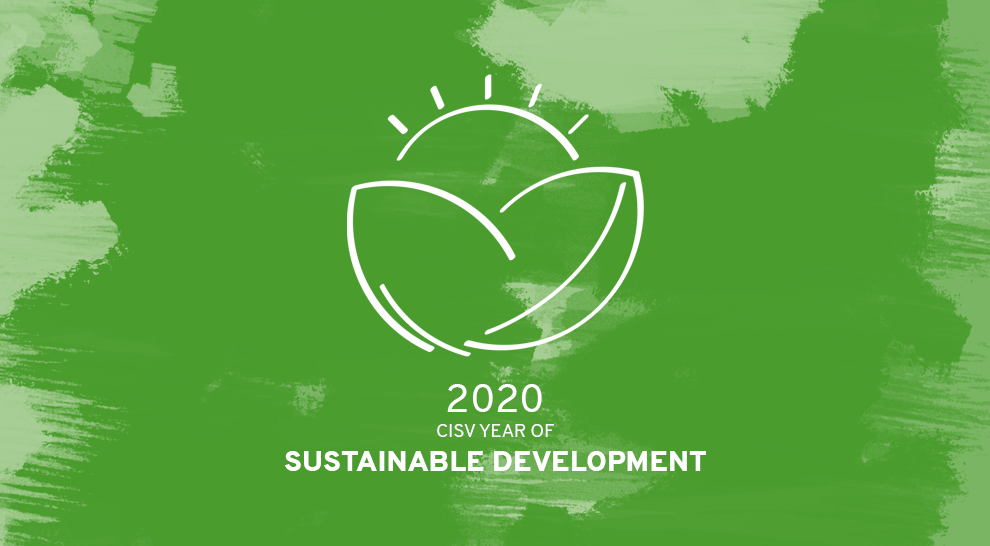Going Green in Quarantine

Understanding CISVers’ Attitudes Towards Sustainability
April 17, 2020
What Older CISVers Think
December 11, 2020Going Green in Quarantine
2020 is the Sustainable Development year in CISV. We have all been aware about the global climate crisis that we were trying to address before the Coronavirus pandemic.
Almost all CISVers are now in quarantine, meaning staying home and only going out for essential activities. In addition to practicing social distancing, let us not forget to reduce our carbon footprint in our homes.
We, the Sustainable Development content group present to you our top 5 ways on how to stay green during quarantine. (it rhymed!)
1. Unplug.
As much as it is so tempting to binge-watch your favorite movies and series on Netflix, this might also be the best time to catch up on books that you have put off reading, the blank sketchpad that you bought, or the journal you have been telling yourself to write on for the past few months. Try to think of activities that do not use much electricity like playing board games with your family, doing arts and crafts, and picking up a new hobby. Remember that lessening your screen time also does your mental health good as you are not exposed to unnecessary news about what’s happening right now.
2. Reduce water usage
The coronavirus situation made us all aware that we need to wash our hands for at least 20 seconds. (You can sing the CISV song from the start until the line “How alike am I to you”, or Kiitos if you include the 3-second clap in the end.) But if you do this at home, make sure you turn off the tap while forming suds in your hands then turn it on again when it’s time to rinse. Same with brushing your teeth, turn the faucet off if not in use or use a cup. Also, by cutting two minutes off of your shower time can save you around 40 liters of water. These small things that we aren’t usually reminded of are the things that matter because the little drops of water do add up and we can totally do our part in conserving.
3. Try to stop or eat less meat
Reducing red meat intake would have a 49 percent reduction in greenhouse gas emissions from food production. Increasing intake of vegetables does your body good because at this moment, with what’s happening right now, it is essential that we have a very strong immune system and we can get these nutrients from fruits and vegetables. If you can’t fully commit to a no-meat diet, you can try to cut down on meats from sheep and cows, as these animals produce an atmosphere frying methane. Don’t forget to educate others about the connection between meat and climate change.
4. Learn to DIY
Getting supplies from the supermarket now is getting tricky as some people tend to hoard face masks, toilet papers, hand sanitizers, and even cleaning materials. To minimize frustration of running out of these, try learning how to make your own!
For hand sanitizers, you can use isopropyl alcohol, aloe vera gel, and lemon juice. After making your own sanitizer, you can use the orange peel after a snack to make your own cleaner by adding water and vinegar.
For toilet paper shortage, a suggestion is to have a bidet installed on toilets.
You can also make your own face masks by using recycled materials in your home, again, you can find tutorials of these on the internet and instead of using gloves, just wash your hands more frequently.
5. Self-care
Get that body moving. Exercise daily for at least 30 minutes. Practice relaxation techniques at home such as mindfulness and meditation to help relieve stress and anxiety. This will help you sleep soundly at night. Remember to take care of yourself in these trying times and to keep your mental health in check.
Now that we’re spending more time in our homes and with our loved ones, anyone can implement these simple changes. Try to do activities you enjoy to help you cope with the present. When we concentrate on the best outcomes of our situation right now like quality time with our family and friends, cleaner air and reduced carbon emission, this pandemic has greatly helped us tackle climate change and focus on what really matters the most.


